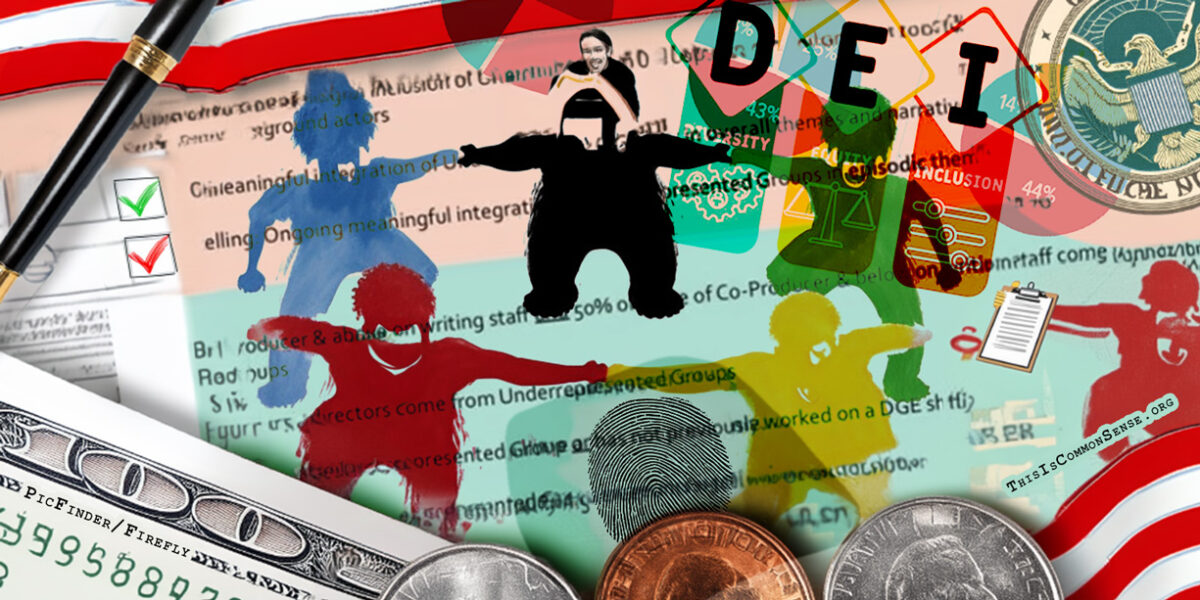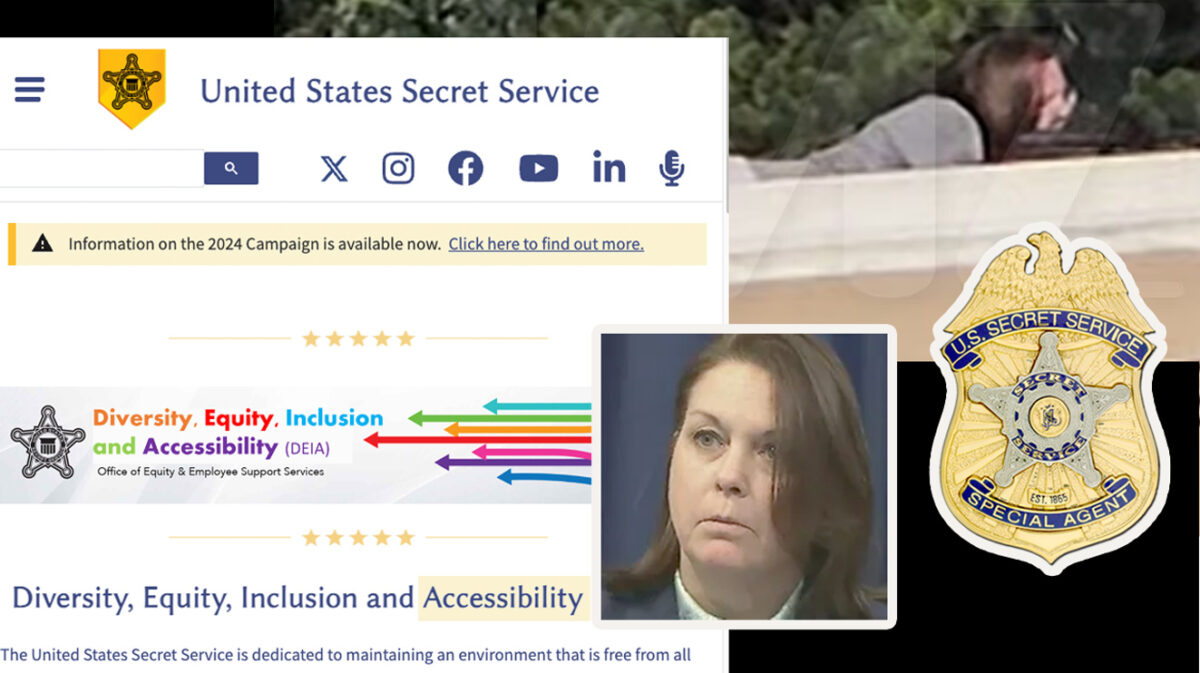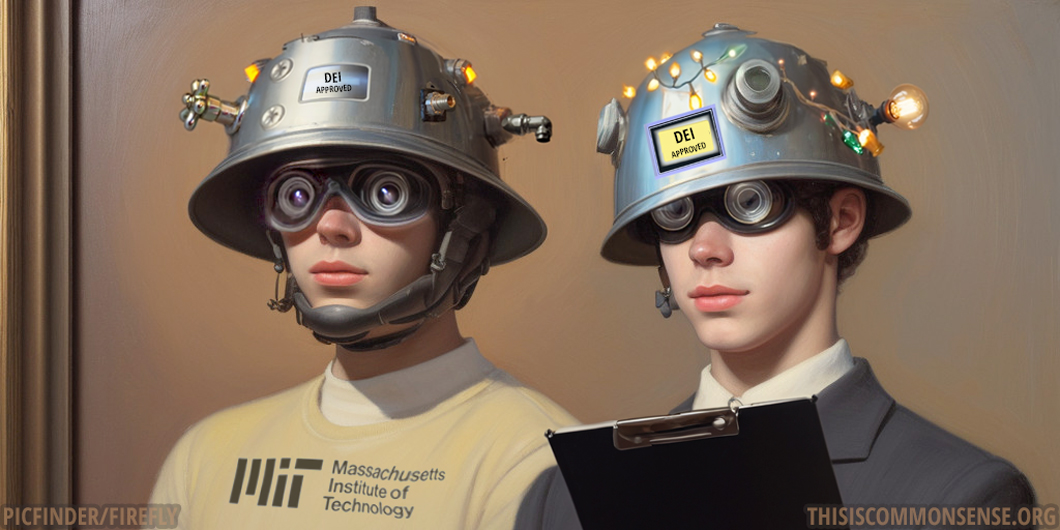Will certain items on Senator J. D. Vance’s legislative agenda be expedited by his new status as Donald Trump’s running mate?
For example, Congress could pass his kill-DEI legislation immediately. But Biden would have to sign the bill, and it’s Biden’s administration which has been pushing the horrific DEI federal mandates.
An initialism for “mediocrity, inequity, and exclusion” — “diversity, equity and inclusion,” actually — DEI designates enforcement of race-based, gender-based, irrelevant-characteristics-based criteria for hiring and promotion. It’s a continuation of old-style affirmative action quotas but nastier, and often attended by extra helpings of censorship and hectoring indoctrination.
On June 12, 2024, Senator Vance and Representative Michael Cloud introduced legislation that would, per their press release, “eliminate all DEI programs from the federal government.”
More specifically, the Dismantle DEI Act would “eliminate all federal DEI programs and funding for federal agencies, contractors which receive federal funding, organizations which receive federal grants, and educational accreditation agencies.”
Seems to cover the waterfront.
Vance argues that our tax dollars should not be “co-opted” to promote an agenda that “breeds hatred and racial division.”
One of the bill’s cosponsors, Senator Kevin Cramer, observes that DEI “doesn’t promote diversity of thought or merit-based employment and promotion,” which is something of an understatement. DEI doesn’t merely neglect but actively opposes rewarding of merit whenever doing so would conflict with the DEI agenda.* An agenda that obtrudes continuously.
Of course, Vance’s attack upon DEI doesn’t require Vance to be Vice President, what is required is a Republican president to sign the legislation, should it pass through Congress.
This is Common Sense. I’m Paul Jacob.
* More than a few commentators have suggested that Secret Service Director Kimberly Cheatle was a DEI hire and that contributed to last weekend’s utterly botched Secret Service protection of Donald Trump, previously discussed.
Illustration created with PicFinder and Firefly
—
See all recent commentary
(simplified and organized)





